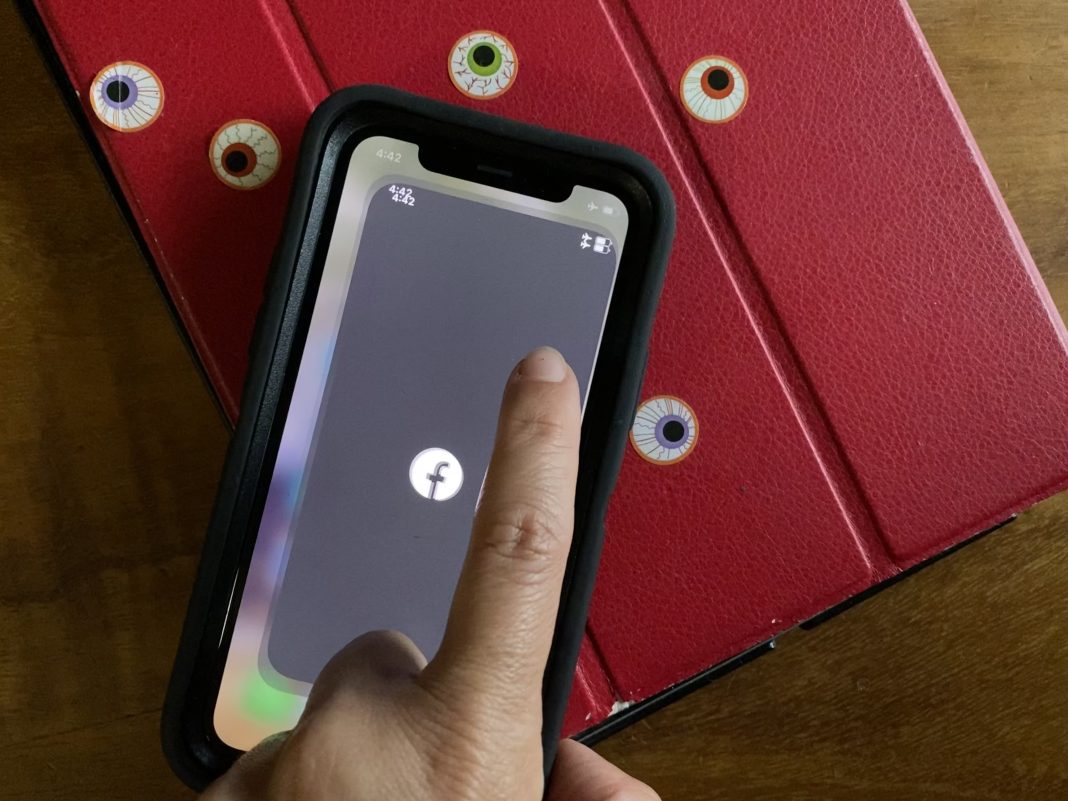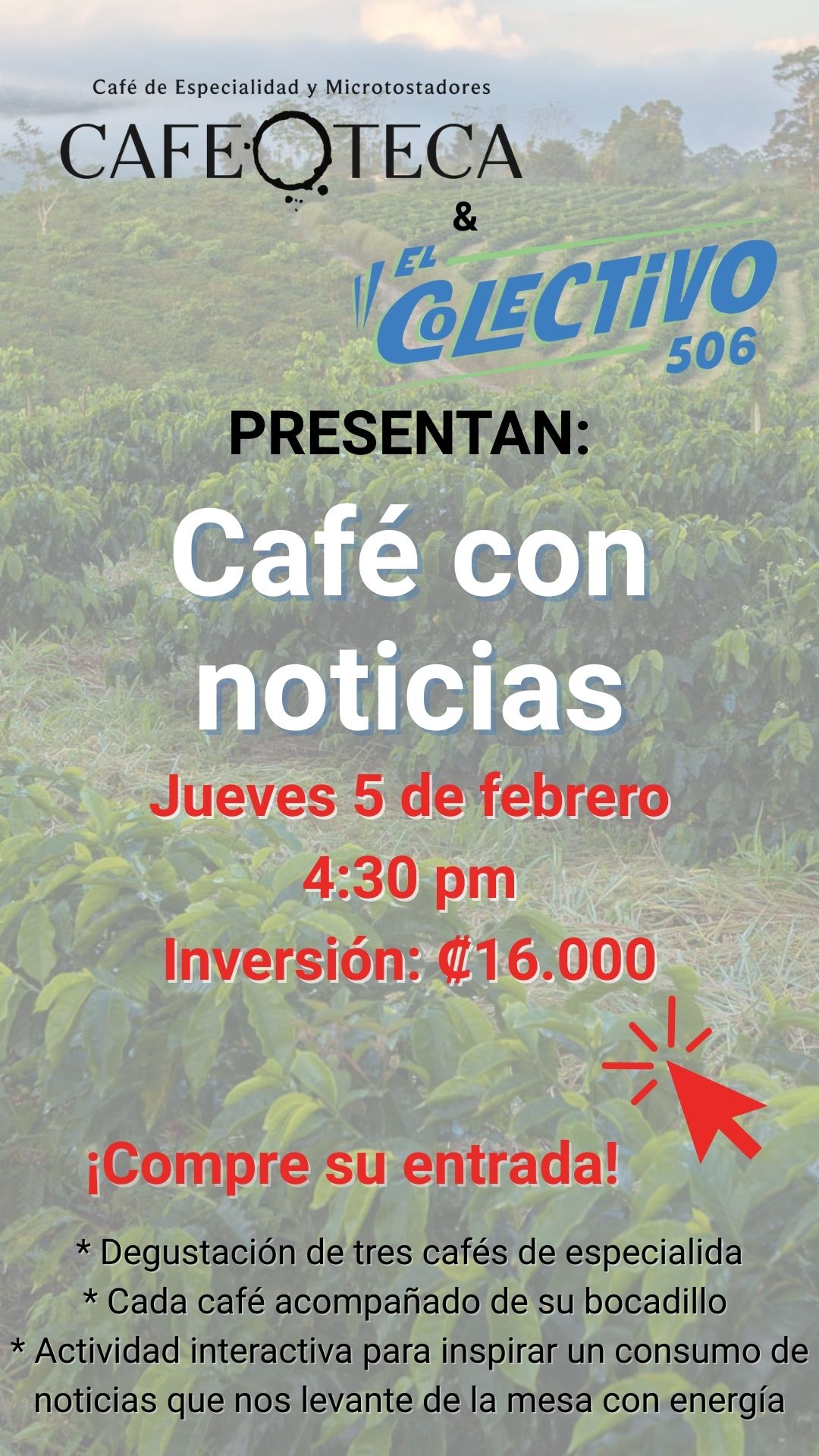About a year ago, a fake Facebook profile called “Tierrosas de Matina” began to publish photos of girls who live in Matina—a canton in the province of Limón— including obscene and vulgar information. However, the author of the profile made a mistake. She forgot to deactivate her location, which led to her being found and confronted with her actions. Still, she refused to admit the obvious.
This is an example of how the issue of disinformation for us young people is not only about fake news about what is happening at the level of our country or community. For us as young people, the issue of misinformation is very personal. The lies that are circulating may be false information about ourselves, or personal information that should not have been published.
In my community, Bataan de Limón, and at my school, the Bataan Technical High School, it is very common to have a false idea of who another person is. This may be because a third party told us bad things about that person; we don’t really know whether it is true or false. This has an impact, because the person is judged.
The global pandemic has made this situation more serious. People are in need of money due to unemployment, so many scammers take advantage of the situation by presenting ways to get money easily, that are actually scams seeking to steal people’s information. Many people circulated false information on social networks about the COVID-19 vaccine, information saying that the vaccine would actually give us COVID-19—that is, they were injecting us with COVID-19 itself; that the vaccine was a 666 chip, the number of the Beast; and that we were being marked. Videos were shared placing keys or other metal objects on the arm in which they were vaccinated. Supposedly the vaccine had left behind a magnet that made the keys and other objects stick to the arm.
Some young people get carried away by curiosity, without thinking or analyzing how it could affect them. Therefore, it is very important that young people learn how dangerous it is to give out personal information on social networks.
As for what resources we young people need to be able to face these situations, I think it would be creative to set up a test, tricking the student population and thereby finding out how many are more vulnerable to giving private information. Another option would be to present information about disinformation in a medium that is more attractive to us. Most young people like video games: why not create a video game in which entrepreneurship and entertainment are mixed, in order to attract the attention of young people?
The young people of Costa Rica are the ones who have grown up with social networks. We are the best weapon the country has to combat misinformation. But we need support if we are to do it.
Our ongoing Young Writers space showcases the perspectives of children, adolescents and young adults on what is happening in their communities. Are you a young writer, or an educator or community leader who works with youth, who would like to be informed about topics of interest for future issues? Join our Educación 506 group by contacting Katherine, [email protected], or messaging us at 8506-1506.






